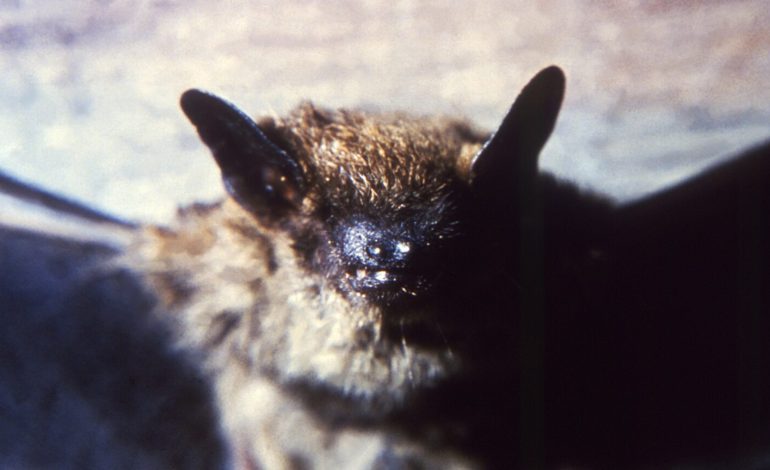Bat Colony in Grand Teton Lodge Triggers Rabies Scare for Hundreds of Guests

A stay at a scenic lodge in Grand Teton National Park may have come with some very unwanted roommates: bats. Now, hundreds of guests could have been exposed to rabies, according to state health and park officials.
The National Park Service says a colony of bats was discovered nesting in the attic above several cabins at the historic Jackson Lake Lodge. Between May 5 and July 27, as many as 500 guests may have stayed in the affected rooms.
Since early June, at least eight overnight guests reported close encounters with bats in their rooms. Once the colony was discovered, the lodge immediately closed the rooms while public health teams moved in.
“Wyoming Department of Health and the CDC are working with local health officials across the country to track down impacted guests,” the Park Service said.
Those people are being assessed for rabies exposure and, if necessary, referred for preventive treatment in their home states.
Guests who may have been exposed aren’t just from Wyoming. Health officials say visitors came from 38 states and seven countries. Employees are also being checked, though officials believe staff are at lower risk than overnight guests.
So far, dead bats found in the lodge rooms have tested negative for rabies, but experts caution that’s only a small sample.
“Even though rabies in animals is rare, animal exposure, especially involving bats, is treated very seriously,” the Park Service said.
Rabies is almost always fatal once symptoms appear, but it’s preventable if treated quickly. Because bat bites and scratches can be tiny and hard to notice, even a possible encounter is enough to warrant medical evaluation.
This is the first large-scale rabies exposure event in Teton County since 2017, when 13 people were treated after a bat colony turned up at AMK Ranch.
Teton County Public Health Director Travis Riddell says locals don’t need to panic:
“Although there were a lot of people exposed in this incident, one positive is we know 100% who those people are.”
Bats aren’t just troublemakers — they’re also critical to the park’s ecosystem, eating up thousands of mosquitoes and insects every night. Grand Teton is home to several species, from little brown bats to hoary bats and silver-haired bats. Still, officials stress that visitors should keep their distance from all wildlife, and report any unusual animal behavior to park rangers.
For now, the Jackson Lake Lodge incident is serving as a reminder: in Wyoming’s wild spaces, you sometimes share more than just the view.
The original story by for USA Today.









The latest news in your social feeds
Subscribe to our social media platforms to stay tuned